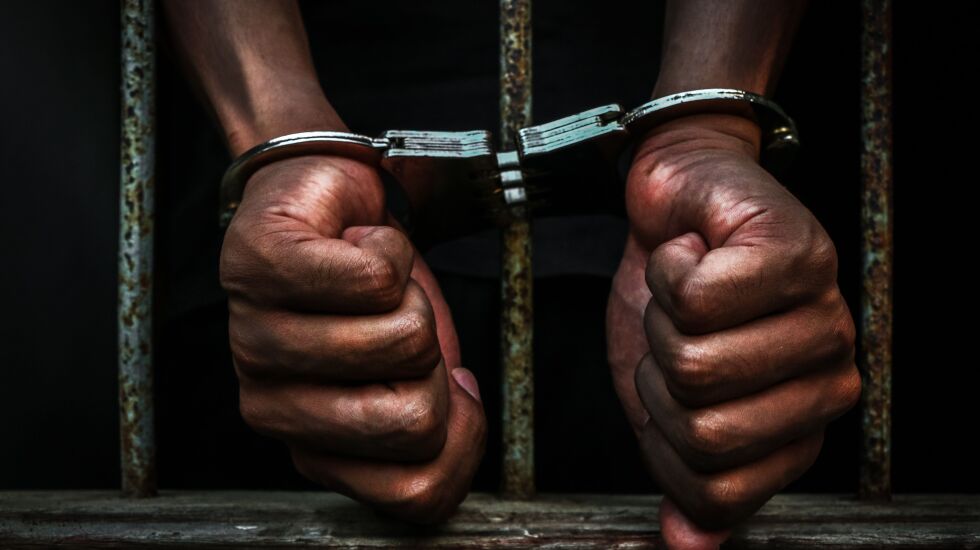
Wrongful convictions and exonerations of men and women who spent years wasting away in prison have made countless headlines in Illinois over the years.
The fallout from the torture inflicted on dozens of Black men by the late former Chicago Police Cmdr. Jon Burge and his “midnight crew” of underlings continues to reverberate today, decades after the torture — which led to false confessions — occurred from 1971-1991.
Recently, more than 20 cases handled by former Chicago Police Det. Reynaldo Guevara have been overturned, based on allegations of abuse and his refusal to answer questions on the stand about past trials.
Then there’s the dismissal of dozens of tainted drug cases associated with former Chicago Police Sgt. Ronald Watts and his crew of officers, who were accused of framing residents and shaking down drug dealers in the former Ida B. Wells housing project.
The worst, of course, are those cases in which men were sent to death row but later exonerated. According to the Death Penalty Information Center, 22 individuals were exonerated from death row in Illinois — nearly twice the number that were executed, 12 — after the death penalty was reinstated in the 1970s. (Illinois ended capital punishment in 2011.)
In 2021, for the fourth year in a row, Illinois had the highest number of criminal exonerations in the nation, mostly because of the overturned convictions tied to Watts, according a report by the National Registry of Exonerations.
Awareness and action
Nothing can fully make up for such gross injustices, or ease the pain and strife inflicted on so many families. But the silver lining is that there is an awareness in our city and state about the need to right, as much as possible, the unconscionable wrongs.
The Sun-Times’ David Streutt reported last week that the philanthropic organization Chicago Beyond has donated $3.2 million to Life After Justice, a local nonprofit that aims to change laws, overturn wrongful convictions and help exonerees live a productive life.
The money will allow Life After Justice to hire its first paid legal staff and move forward in its first major legal challenge: securing a clemency petition for two men in Virginia who, because of a judge’s sentencing decision, are still behind bars years after a jury acquitted them of murdering a police officer.
Life After Justice, founded by exonerees Jarrett Adams and Antione Day, will also use the donation for mental health support for those re-learning how to lead a life outside prison.
Feel-good news stories of how those just released from prison will celebrate their first days of freedom are rarely followed up with stories of the harsh reality — of the pitfalls the exonerees might encounter when they try to find a job or navigate a world that has vastly changed since they were imprisoned.
“Prison is like a ghost. It haunts you. It haunts you,” as University of Chicago professor Reuben Jonathan Miller says on the podcast Big Brains.
A game-changer
Adams, who has a law degree, Day and other exonerees on staff know first-hand about the hurdles involved. That’s important, since other activists might be well-meaning, but haven’t faced the same hardships or don’t share similar backgrounds with those who have been locked up.
We think that personal knowledge and experience can be a game-changer.
Anyone who has spent time at Cook County courthouses can attest to the the continued and important work being done by groups like Northwestern University’s Center on Wrongful Convictions, the University of Chicago’s Exoneration Project and the Illinois Torture Inquiry and Relief Commission. Their legal expertise is essential in pushing for changes to make our criminal justice system fairer and more worthy of public trust.
Life After Justice’s work and Chicago Beyond’s donation will, we hope, propel the movement to help exonerees forward even more. It’s a chance for Illinois to make up for its sorry track record, and ensure that men and women who were wrongfully sent behind bars are given a chance to fully repair their lives.
The Sun-Times welcomes letters to the editor and op-eds. See our guidelines.







